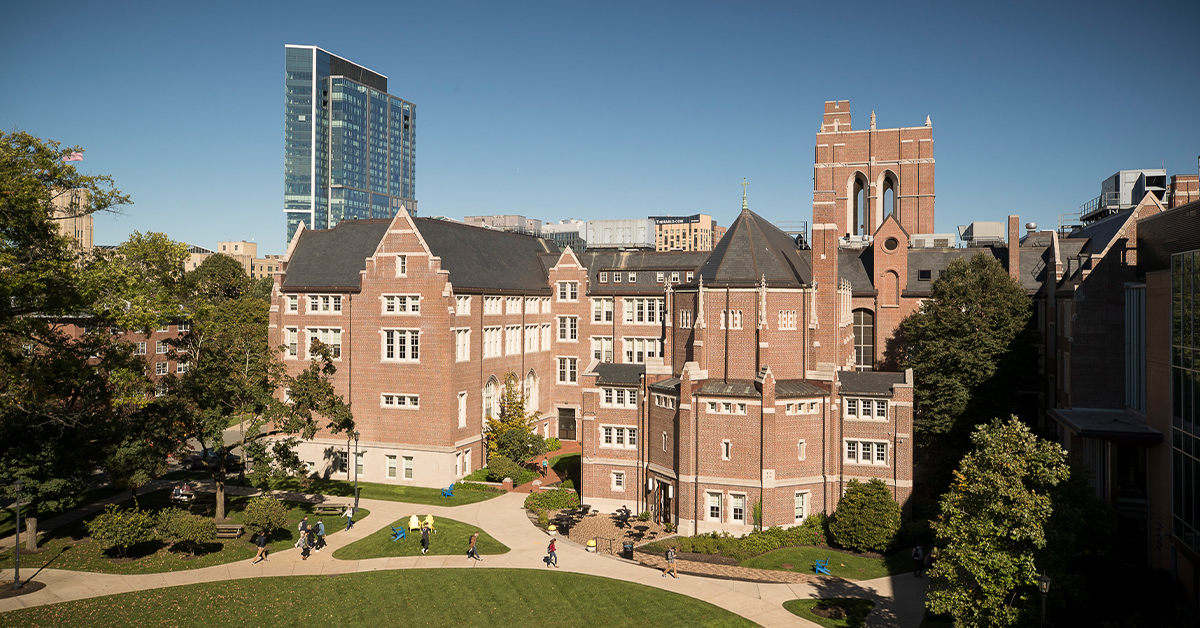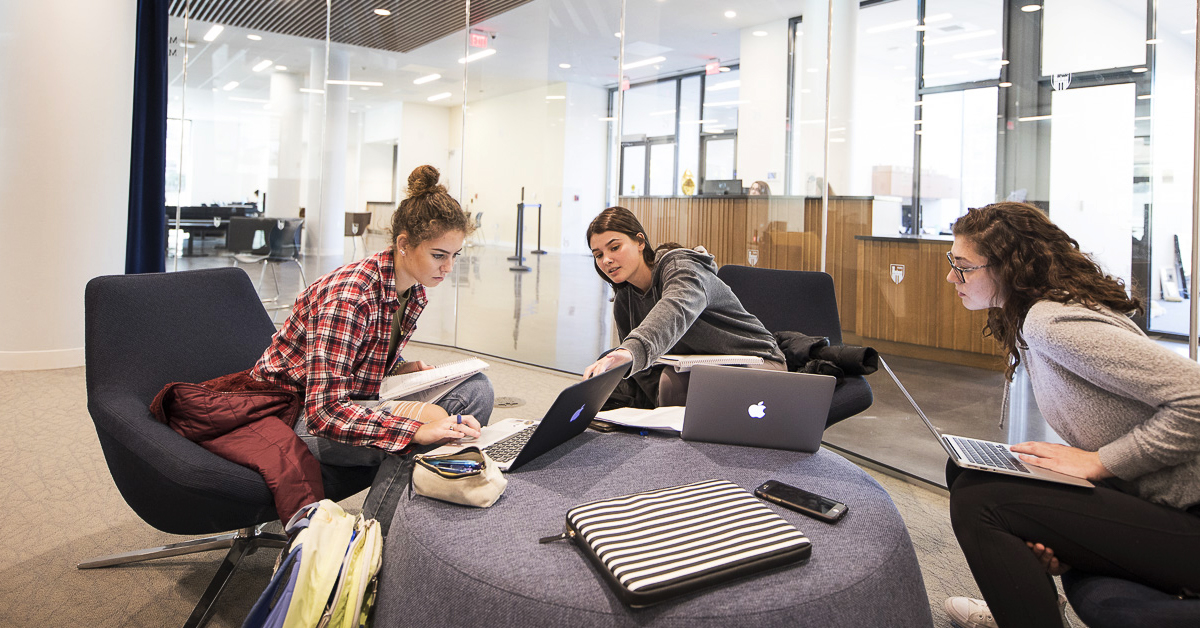First Year College Expectations and the Engagement Challenge… in a Pandemic.
2020 has been a game-changer, especially for many of you who entered college this fall in a world altered by COVID-19. Your experience is likely similar to my own son’s. In the bizarre blur since March, Evan shifted to online learning, completed high school, and entered college. No prom. No customary graduation ceremony. No face-to-face college orientation. No parties or concerts or group gatherings for his 18th birthday or otherwise. No job at the summer camp he worked at in 2019. No “typical” first year college experience. And how does he describe college this fall? “Weird.”
Plans changed. Everything is odd, and most everything is upside down. So how to get it right side up?
I don’t have all the answers, but I have worked with college students for over 25 years, primarily first-year students. No doubt, this is the most unusual college experience I’ve witnessed. My advice? The keys to your “right side up” college experience may land in recognizing the different expectations of college this fall and exploring ways to engage with your college experience.
Expectations
Be aware that your expectations right now may not match the reality of the rigor of college. In the emergency online experience in the spring, you likely faced fewer expectations and less academic accountability as everyone was coping with the newness of the pandemic. And, despite your “move” to college, your environment may look much the same—you may be studying from the same space as in high school, muddling through this pandemic experience in your own way without the grounding of a traditional in-class, on-campus experience. Yet, what was allowed in high school in the spring is different from what is expected in college this fall.
Academically, you are expected to proactively manage your time and academic commitments. Read your syllabus and follow it. Meet deadlines. Be an active presence in class. Communicate with your professors and others, which includes reading and responding to emails in a timely manner. And seek help—from professors, your academic advisor, the academic resource center, reference librarians, fellow students, and so on. None of this is easy in a time when motivation and routine are in short supply. But all of this is essential to your success in college. We all want to feel a sense of purpose and meaning in our lives; by being here this semester and rising to the expectations of your academics, you are moving toward this in a positive way.
On a personal level, you may expect (rightfully so) that this time of your life is more socially carefree—a time to connect and push one’s boundaries in the name of self-growth. But your generation has been presented with the “big ask”— to not gather and to play it safe, to protect the very elders who did not necessarily protect you (from environmental degradation, racial injustice, and so on). At the same time, self-care is so necessary. Be sure to incorporate self-care—of body, mind, and spirit– into your schedule, and realize that your “bandwidth,” or ability to do and endure, may vary in these uncertain times. How to balance safety with sanity, how to be meet the expectations of academics and others while taking care of one’s needs? These are the challenges of the moment.
Engagement
Engagement—with others and with your academics—is likely the most challenging part of your first year in college in 2020. While you may feel “Zoomed out” by the end of the day, look for moments and opportunities to connect with other students, your professors, academic conversations, and the campus community. Here are a few suggestions for how to connect in a world that may feel fragmented and disconnected:
Get involved. Check your college’s calendar for virtual events. Join one club, if only to give it a try. Look for chances to plant the seeds of friendship with fellow students through forming your own study groups or connecting outside of class; frequent and proximate (online or in person) contact builds and deepens relationships, so look for avenues to connect regularly with those you want to build friendships with.
Reach out for help. Set up a time to meet with your professor during office hours to discuss your hopes and challenges for your class. Meet with your academic advisor for guidance on course and academic direction concerns. Make an appointment with an academic resource center tutor, writing specialist or academic coach in your pursuit of academic success. For any question or concern you have, someone is available to assist you or can connect you with someone who can; this is the beauty of a more intimate and interconnected college community. We care, and we are here to help.
Follow your curiosity. College isn’t just about activities, friends, dorms, majors, or academics. It’s a coming of age experience. There are many opportunities for growth. Talk with professors to learn more about a major or topic of interest, or about their passions for their area of study. Make an appointment with your career center to discuss your interests, possible types of jobs that align with your major, and how the career center can support your career development. Look at the exciting ways what you’re learning in your classes applies to your world and the world. Try something new, maybe outside of your comfort zone. Even with the unique challenges of college in a pandemic, you’ve got this. Strive to embrace and meet expectations (for yourself, others, and your academics) and to fully engage in your college life. As you move toward your larger goals, I hope this path will bring you a more meaningful and rewarding first year experience.




 About Insights
About Insights
 About Emmanuel
About Emmanuel